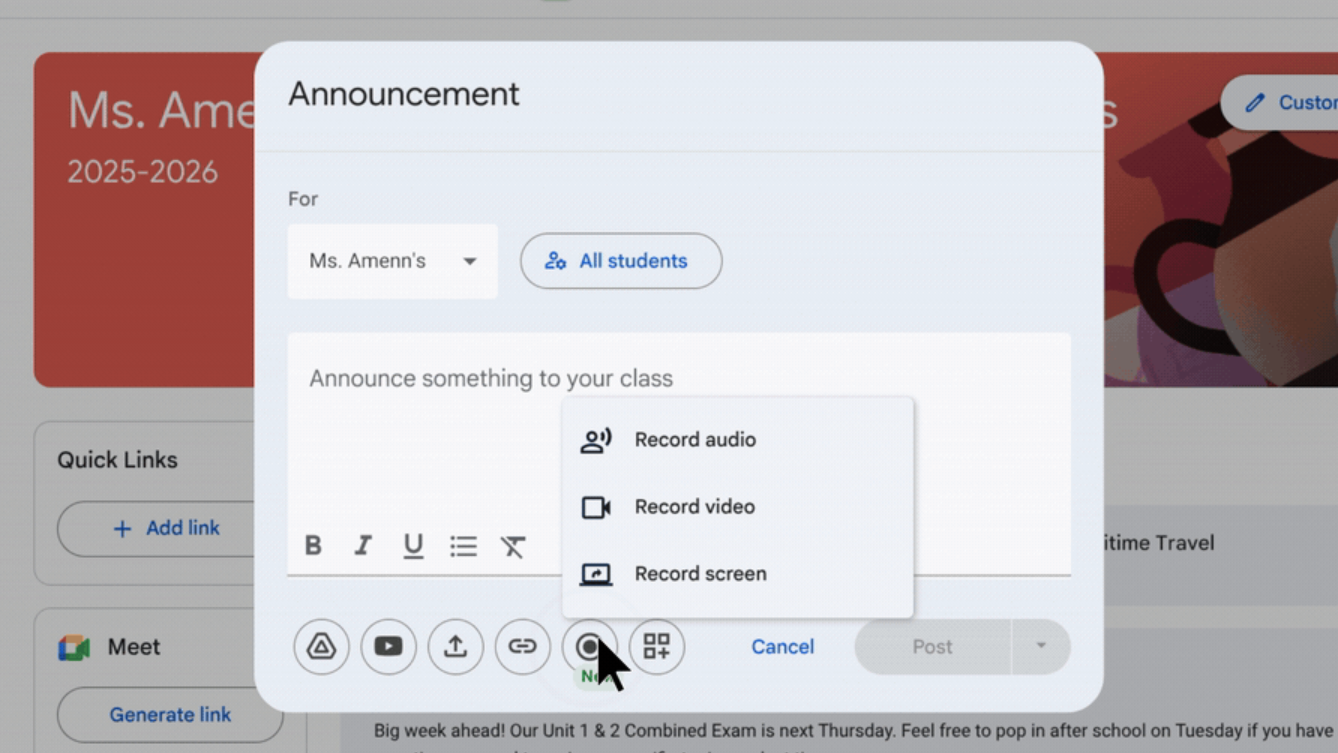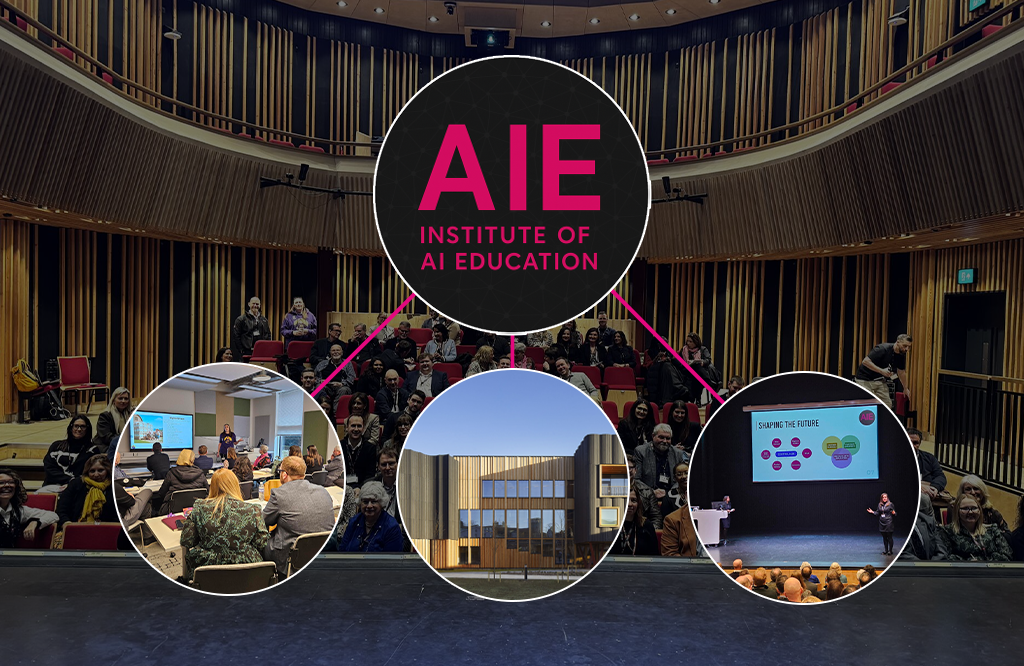School leaders call for smarter EdTech strategy as Bett report highlights AI priorities
A new whitepaper from Bett, ASCL, and Educate Ventures Research outlines how school leaders are navigating AI adoption, SEND challenges, and teacher training amid limited resources and national strategy gaps.
A new report published by Bett, in collaboration with the Association of School and College Leaders (ASCL) and Educate Ventures Research (EVR), captures the perspectives of UK school leaders on the implementation of educational technology.
The whitepaper, shaped through a January 2025 roundtable, reveals a shift away from novelty-driven procurement toward pragmatic, evidence-led decision-making, particularly as AI integration accelerates across the sector.
The Shape the Future whitepaper reflects insights from trust CEOs, headteachers, and SEND specialists across primary, secondary, and special education settings. Most participants are now part of a national coalition study exploring the impact of AI in schools.
Leaders call for evidence, funding reform, and better AI frameworks
Across the board, school leaders cited a lack of national digital strategy and formal evaluation tools as key blockers to confident AI and EdTech adoption. While schools described examples of success, including AI-assisted flipped learning and SEND-focused assistive tools, they emphasized the need for clearer impact measures and sustainable funding.
“Finding research that specifically addresses the needs of autistic students without intellectual disabilities remains a challenge,” one special school leader noted. Others highlighted the difficulty of attributing learning gains to specific technologies, calling for better national metrics that can be implemented without increasing staff workload.
Several leaders pointed to procurement pressures. “We need to be absolutely certain about value addition before making any significant investment,” said one. Others described balancing large-scale procurement processes with small, rapid classroom trials. SEND needs and equity of access were recurring considerations across decision-making.
Professional development under pressure
Most leaders reported that professional development for digital tools and AI is fragmented and constrained by time. While phased rollouts and peer-led learning were cited as practical workarounds, many felt that CPD lacked the structure needed to embed new technologies consistently.
“We’ve just had new equipment installed, but without accompanying CPD, which is really problematic,” one leader said. Another added, “We use data to pinpoint exactly who needs what training. Then we target individuals and departments with personalized support.”
Leaders described staff attitudes toward AI as mixed, and stressed the need for differentiated CPD tailored to both early adopters and those more resistant to change. Government-backed protected time for tech-focused training was a common ask.
Schools see Bett as a valuable hub
Leaders described Bett as a key opportunity to explore new ideas, connect with peers, and gather insight into practical implementation. Many said they arrive at the event with specific goals and look to Bett for sessions that support evidence-based decision-making.
“While product showcases are useful, we find sessions that facilitate idea exchange and best practice sharing most helpful,” said one school leader. Others highlighted the value of case studies, live demonstrations from practitioners, and dedicated strands focused on SEND and scalable AI integration.
The report reflects that schools increasingly view Bett as more than a marketplace, instead using it as a forum to inform strategic planning and deepen their understanding of what works in practice.
The full Shape the Future Coalition research project is set to provide further insights later this year as participating schools evaluate AI tools and their impact on learning and inclusion.
As one executive head concluded, “We’re at a crucial moment in education technology. The decisions we make now about AI implementation will shape educational experiences for years to come.”
























